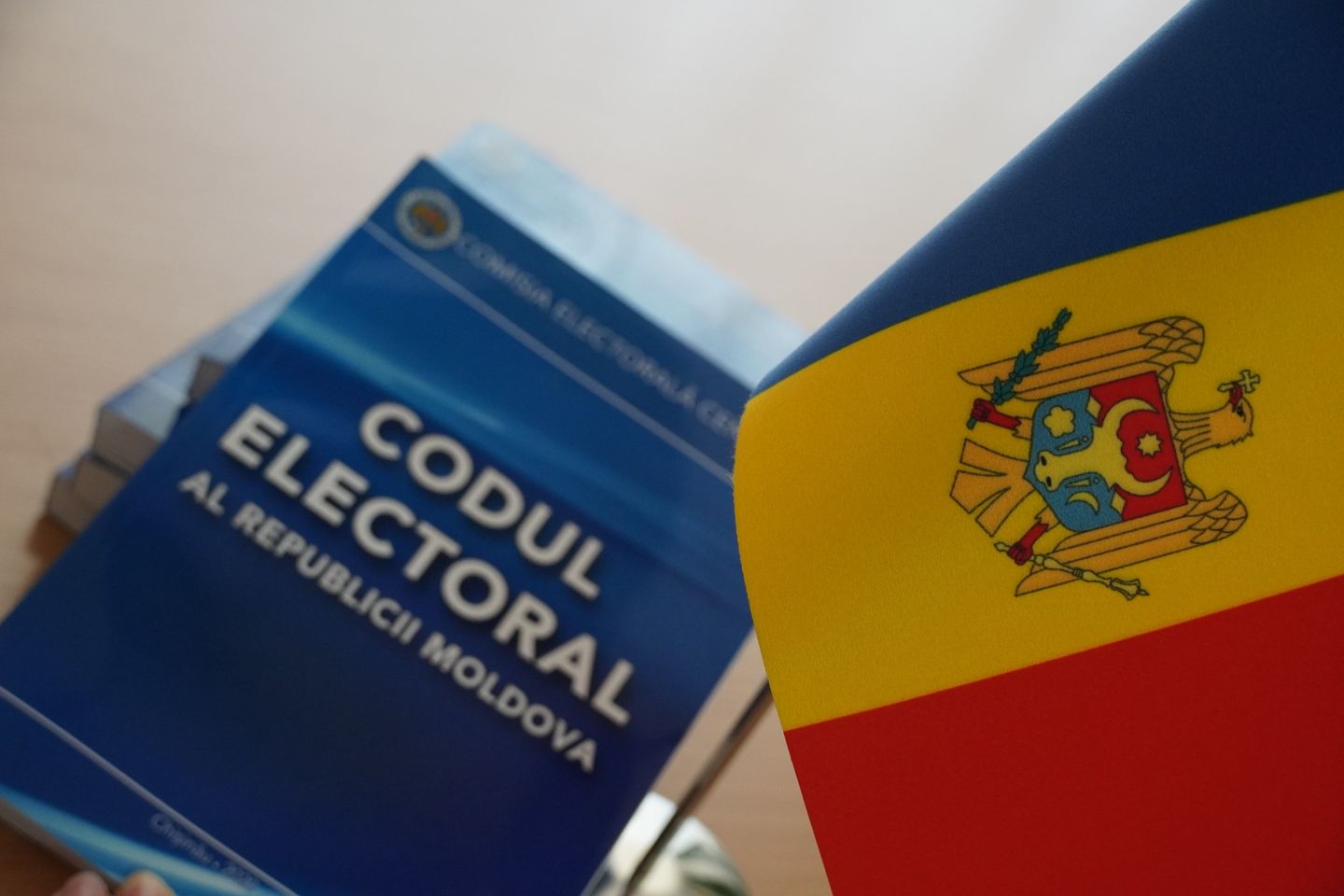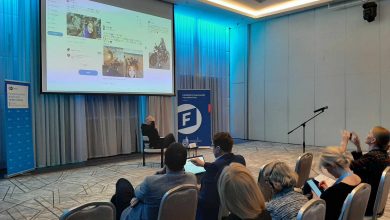Media coverage of the presidential elections and referendum. Rules for journalists to keep in mind

Fairness, balance and impartiality are principles that the media are obliged to respect when reporting on the topics related to the presidential elections in the Republic of Moldova and the referendum on October 20, 2024. In order to clarify the editorial and ethical challenges that journalists might face during the election campaign, the Center for Independent Journalism and BBC Media Action have developed a set of useful recommendations. “These Guidelines will help you to ensure that you give impartial, accurate and fair coverage to the candidates and issues, so the people of Moldova will have the information they need to choose a President and decide whether to amend their constitution,” according to the authors.
The document sets out a set of recommendations based on the rules and principles laid down in the Central Electoral Commission’s Regulation on the coverage of elections by the media. Among other things, it defines editorial values and principles of fair journalism, as well as other relevant notions such as public interest.
The guide explains in detail how exactly journalists can ensure impartiality in their reporting: “…both sides must be treated equally. If media outlets explore the issues behind the campaign, they should do so with an inclusive attitude, reflecting a range of views. You should include a wide range of opinions and information and all points of view.”
Also on accuracy, “you should state the facts and, if you are reflecting the opinions of individuals, you should indicate that the person has expressed his or her own opinion. The same goes for organizations such as referendum participants or political parties associated with presidential candidates. Does the interviewee officially represent the organization, does he/she speak for the organization? Your sources are important. Are they direct? Are they eyewitnesses to the events or speeches you cover? If not, who is the eyewitness, is he or she reliable? If your source is other journalistic material, what is the reputation of that media organization? Do you have multiple sources and do those sources rely on other sources? These are questions you need to consider when making an editorial decision.”
The authors clarify the differences between private and public life in an electoral context, explain to journalists how to deal with allegations, how to deal with misinformation and what to draw attention to in language and images. A separate section is also dedicated to opinion polls.


